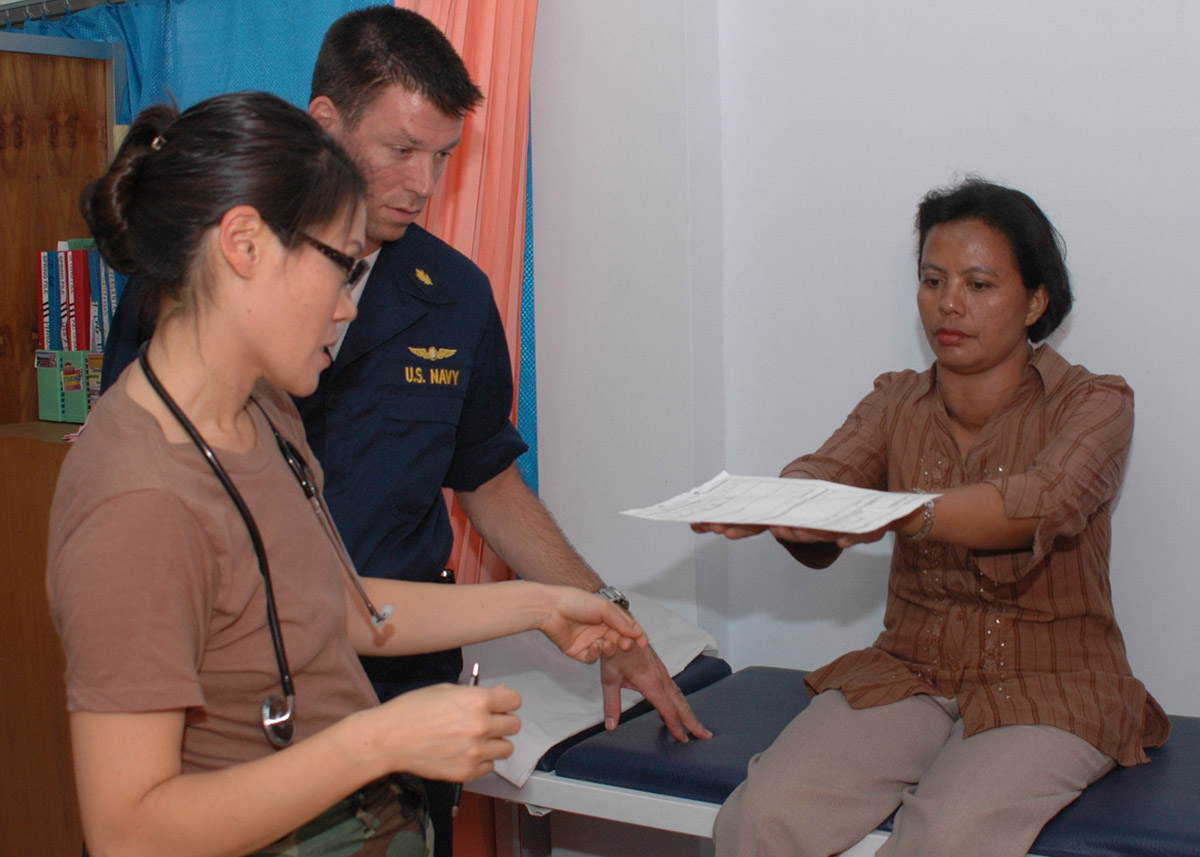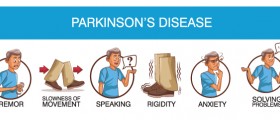
Familiar tremor is tremor that runs in families and is considered a hereditary condition. It features with involuntary shaking of certain parts of the body. The term involuntary means that shaking simply cannot be controlled. It is reported that tremor tends to intensify if one is tired or tries to perform tasks which require preciseness. Furthermore, stress and any kind of mental and physical strain may increase the intensity of tremor. Tremor may affect many parts of the body and significantly interfere in performing even the simplest activities.
Causes of Familiar Tremor
Tremor is basically associated with problems with nerves which innervate certain muscles. There is most likely a problem related to sending signals from the brain to specific muscles.
The exact cause of familiar tremor has not been identified yet. Still, the very fact that the disease runs in families leads to conclusion that it may have something to do with genetics. Familiar tremor most commonly affects people in their middle ages.
Symptoms and Signs of Familiar Tremor
The tremor may affect many body parts. Some body parts are affected more. This particularly refers to the hands and arms and the head. Tremor in rather rare cases affects the legs or feet. Tremor may be induced or intensified by movements and slightly reduce during rest. In some cases it may disappear during sleep. In some patients symptoms come and go but they generally become worse over time. And finally, stress, caffeine and certain medications may intensify the shaking.
People suffering from familiar tremor have problems with holding and manipulating small objects such as a pen, razor or silverware. The condition is rather bothersome and significantly interferes in daily routine tasks. For example a person may not be able to tie a shoe lace.
Treatment for Familiar Tremor
The goal of the treatment for familiar tremor is to reduce involuntary shaking. There are certain medications which may successfully deal with familiar tremor. The doctor opts for the most suitable medication and the patients are supposed to take prescribed drug regularly and in recommended doses.
Patients suffering from familiar tremor may benefit from beta blockers, anti-seizure medications and in case that medicamentous treatment does not provide with desirable results the affected area may be treated with Botox injections. Patients may also try physical therapy. This treatment modality teaches patients how to perform certain exercises in order to decrease shakiness. Only in severe cases of familiar tremor patients undergo surgery. The surgery is performed to reduce the intensity and occurrence of involuntary shaking. Surgery for familiar tremor includes implantation of a brain pacemaker, a device which is supposed to coordinate movements of the affected muscles.










-When-You-Have-Parkinson's-Disease_f_280x120.jpg)






Your thoughts on this
Loading...